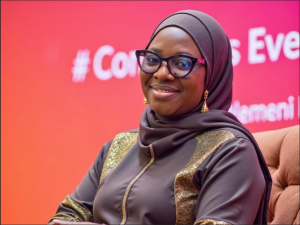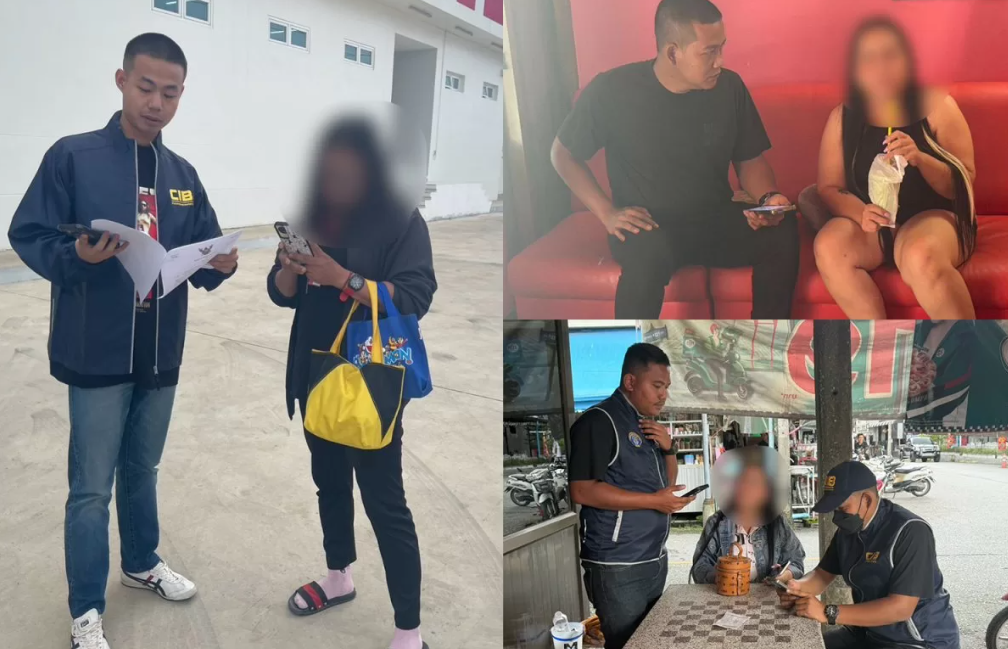
In a candid discussion with Biodun Busari, Joe Igbokwe, a prominent chieftain of the All Progressives Congress (APC) in Lagos State, opened up about the ongoing challenges Nigerians are facing under the administration of President Bola Tinubu, particularly regarding the high cost of living. He also addressed issues related to the South-East’s marginalization, the recent Edo governorship election, and his stance on national politics.
Igbokwe began by acknowledging the tough times Nigerians are going through, citing rising fuel costs, food prices, and electricity tariffs. While admitting that things are difficult, he emphasized that reforms for a better future often come with short-term pain. “If there is a reform to make Nigeria better and everyone is feeling the heat, it’s acceptable,” Igbokwe said. He added that managing resources more consciously is part of the sacrifice needed for long-term change.
He defended President Tinubu’s fuel price policies, arguing that the rising costs are in line with global prices and necessary to stop smuggling to neighboring countries. “Nigeria cannot be Father Christmas to Cameroon, Togo, and the rest,” he remarked. Despite his understanding of the economic hardships, he expressed faith that the country will eventually benefit from these tough decisions.
When asked about the ongoing pattern of politicians shifting blame, particularly regarding the state of the economy, Igbokwe explained that the current administration is grappling with the damage caused by previous government officials, especially within the Buhari administration. “Some politicians and civil servants siphoned funds meant for key programs,” he said, pointing to the absence of supportive initiatives like the National Directorate of Employment, which he benefited from in the past.
While acknowledging Buhari’s efforts, particularly in infrastructure, Igbokwe underscored that the current challenges were not solely the fault of President Tinubu. He believes certain key players during Buhari’s time contributed to the current economic strain, including a reliance on foreign currencies.
Igbokwe reflected on the recent Edo State governorship election, where APC emerged victorious. He dismissed claims of vote-buying, suggesting that Governor Godwin Obaseki’s failure to maintain political unity within his own party led to his defeat. “Politics thrives on teamwork, and Obaseki dismantled his own team,” Igbokwe remarked. He also pointed out that Obaseki’s alienation of key political figures, including the Oba of Benin and his deputy, led to his downfall.
For Igbokwe, the result of the Edo election served as a cautionary tale for politicians who fail to prioritize unity and collaboration.
As an Igbo man, Igbokwe spoke frankly about the marginalization of the South-East, particularly when it comes to resource allocation and political representation. He acknowledged that the region has only five states, unlike others that have six or seven, which means fewer resources for the South-East. However, he placed some of the blame on the region itself, referencing a failed attempt to create an additional state during Obasanjo’s administration due to disagreements between Enugu and Imo states.
Igbokwe argued that the South-East’s problems are self-inflicted, with a lack of political cohesion contributing to the region’s marginalization. “Whatever is happening to the Igbo people is, to a large extent, self-inflicted,” he said. He also questioned the viability of a Biafra republic, suggesting that the region’s small landmass and scattered investments make such a move impractical.
To address the issues facing the South-East, Igbokwe advocated for the creation of an additional state in the region. He stressed the need for Igbo people to become more culturally competent and emotionally intelligent, noting that their inability to build bridges with other regions has led to political isolation. Igbokwe also challenged the notion of Biafra, questioning the feasibility of a separate state for the South-East given the economic and political realities of the country.
“I’ve suffered greatly for speaking this truth; my house was burnt down in my village as a consequence,” Igbokwe shared, underlining the personal sacrifices he has made for his beliefs.
In conclusion, Joe Igbokwe expressed his commitment to the unity and progress of Nigeria, urging Igbo people to play by the country’s rules rather than seeking secession. He remains hopeful that with political collaboration, the South-East can overcome its challenges and gain the recognition it deserves.



